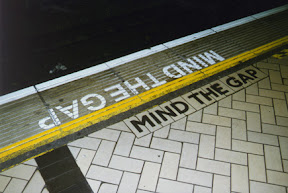
This is Part 2 of a series outlining the Australian Health Insurance industry from the perspective of a health provider.
2. Gap Fees
A doctor has the right to charge more than the CMBS fee if he or she feels that their service was worth more than this minimum amount. Ultimately, in our free market economy, doctors charge as whatever they feel is reasonable, and the Gap Fee is an artificial construct due to the expectation that the patient will not be out-of-pocket. If all doctors charged above the CMBS rate, then the Gap Fee would no longer be viewed with an air of disdain, but would merely be a normal copayment (like an insurance excess).
There are a lot of reasons why doctors may (or may choose not to) charge a certain fee, but the doctor has the right to set that fee as they see fit. It is usual that patients are informed of the fee they will need to pay before the consultation, but the final fee will depend on how much of a service they receive during the consultation, which cannot be determined until the consultation happens.
Note that even if the doctor charged only the government-recommended CMBS fee a patient would still be out of pocket 25% of the fee unless the doctor engaged in bulk-billing (and therefore being subject to at least a 15% pay cut). Many doctors feel that the CMBS rates are woefully undervalued, especially since they have not kept pace with inflation over the last 30 years. It is common for doctors to routinely charge 200% or more of the CMBS fee, though being as kind-hearted as doctors are, patients in financial difficulty are often bulk-billed.
 |
| The erosion of Medicare benefits is one reason for increasing Gap Fees |
Plan closer for doctors to reveal fee gap
Patients urged to question medical costs
More on this series next week.





1 comment:
What disturbs me is when there is not financial disclosure prior to a procedure. I personally outline costs with every patient, and believe this is always necessary.
As a patient, I've also had some surgeons send me large unexpected bills. The bills don't piss me off. The fact that it is unexpected does.
Precedents demonstrate that lack of financial consent excuses the patient from paying, if they so choose.
Post a Comment